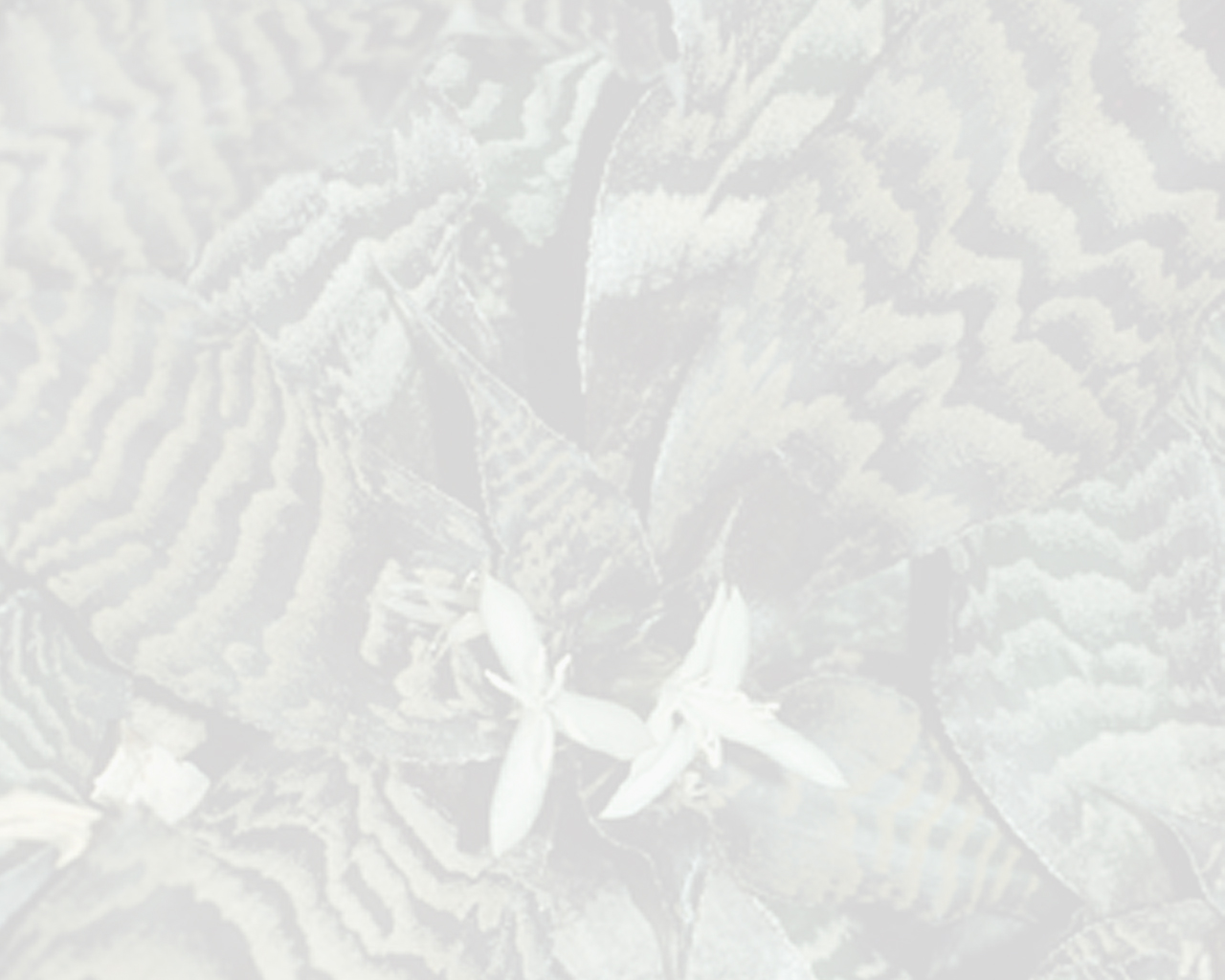

Brouard et al. 2012 (Article) French Guiana
Understorey environments influence functional diversity in tank-bromeliad ecosystems
Author(s):—O. Brouard, R. Céréghino, B. Corbara, C. Leroy, L. Pelozuelo, A. Dejean & J-F. Carrias
Publication:—Freshwater Biology 57(4): 815-823. (2012) — DOI
Abstract:—1. A substantial fraction of the freshwater available in neotropical forests is impounded within the rosettes of bromeliads that form aquatic islands in a terrestrial matrix. The ecosystem functioning of bromeliads is known to be influenced by the composition of the contained community but it is not clear whether bromeliad food webs remain functionally similar against a background of variation in the understorey environment.
2. We considered a broad range of environmental conditions, including incident light and incoming litter, and quantified the distribution of a very wide range of freshwater organisms (from viruses to macroinvertebrates) to determine the factors that influence the functional structure of bromeliad food webs in samples taken from 171 tank-bromeliads.
3. We observed a gradient of detritus-based to algal-based food webs from the understorey to the overstorey. Algae, rotifers and collector and predatory invertebrates dominated bromeliad food webs in exposed areas, whereas filter-feeding insects had their highest densities in shaded forest areas. Viruses, bacteria and fungi showed no clear density patterns. Detritus decomposition is mainly due to microbial activity in understorey bromeliads where filter feeders are the main consumers of microbial and particulate organic matter (POM). Algal biomass may exceed bacterial biomass in sun-exposed bromeliads where amounts of detritus were lower but functional diversity was highest.
4. Our results provide evidence that tank-bromeliads, which grow in a broad range of ecological conditions, promote aquatic food web diversity in neotropical forests. Moreover, although bromeliad ecosystems have been categorised as detritus-based systems in the literature, we show that algal production can support a non-detrital food web in these systems.Keywords:—food webs, French Guiana, invertebrates, microorganisms, phytotelmata, rainforest